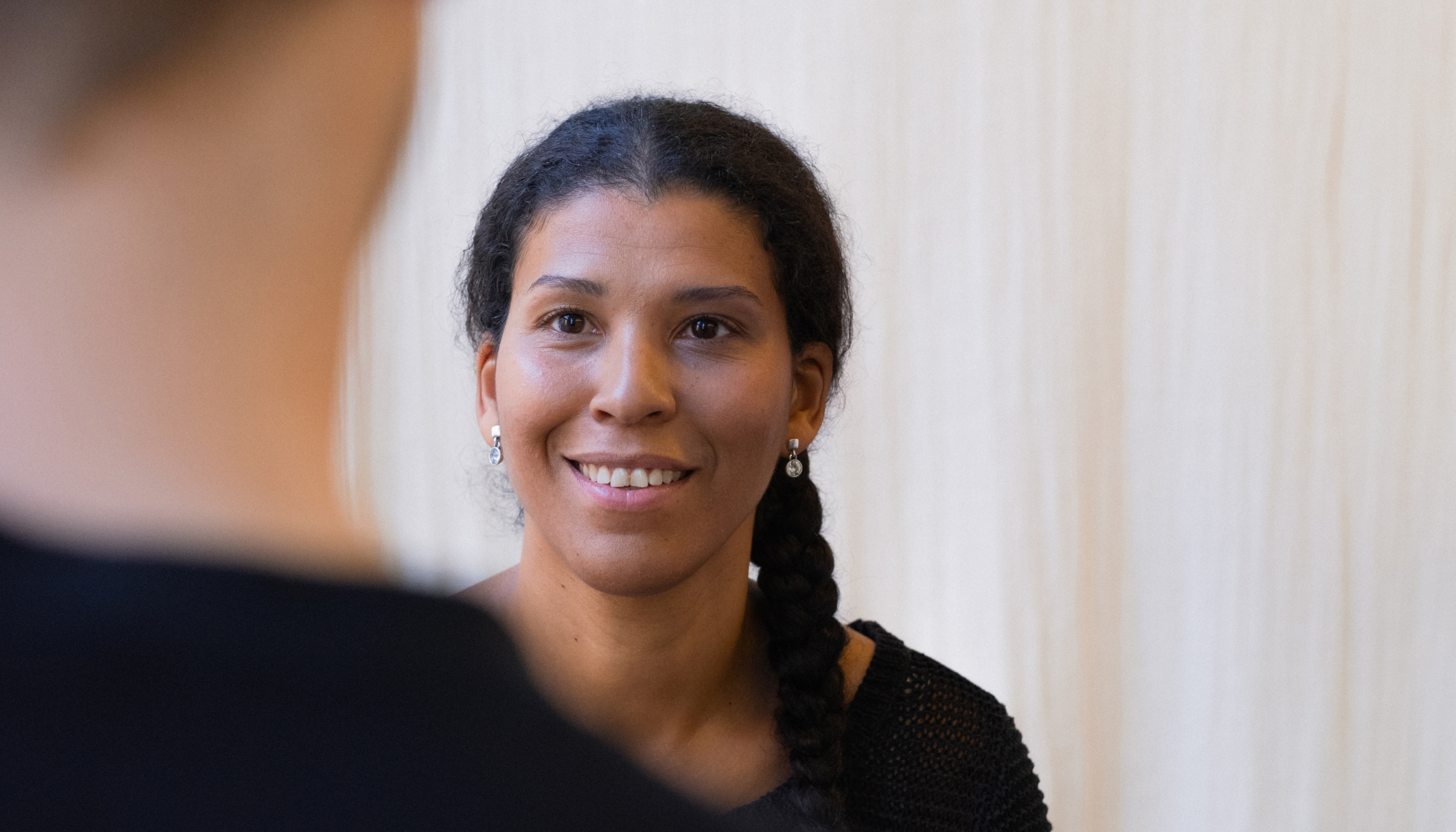With government plans to add folic acid to supermarket products like non-wholemeal wheat flour, Dr Christina Papadopolous, answers some of the most common questions about folic acid, and why it’s particularly important for women who are either pregnant or trying to conceive.
What is folic acid and what is it used for?
‘Folic acid is needed to form red blood cells and occurs naturally as folate, in certain foods. It can be used to treat or prevent a type of anaemia, as well as being vital for the healthy development of a baby’s brain, skull and spinal cord during pregnancy, preventing neural tube defects like spina bifida,’ says Dr Papadaopolous.
‘It’s also used to reduce side effects from a medication called methotrexate, used to treat certain types of inflammatory arthritis, Crohn’s disease or psoriasis.’
How can I eat more folic acid in my diet?
Many foods are rich in folate, particularly broccoli and other green vegetables like cabbage, kale and spinach. As folic acid cannot be stored in the body, it’s important to make it part of your daily diet.
It’s also easily lost in cooking, especially if food is boiled or overcooked – and this is why some foods like breakfast cereals are fortified with folic acid along with other vitamins.
What happens if you are deficient?
Folic acid is needed for red blood cells to carry oxygen, and so if you’re deficient, it can lead to a condition called large cell anaemia. Folic acid is also essential to the formation of DNA, which allows your body’s cells to replicate. Symptoms of deficiency usually develop slowly, and become worse if left untreated.
These symptoms can include weakness, pins and needles, mouth ulcers, diarrhoea, loss of appetite and weight loss, as well as heart palpitations and headaches.
Why is folic acid important for maternal and infant health?
‘Folic acid is essential for the healthy development of the foetus. During pregnancy, your folic acid requirements are greater, and so it’s difficult to achieve this from the food in your diet alone,’ explains Dr Christina Papadaopolous.
‘This is why a folic acid supplement is recommended - you should take a 400mcg folic acid tablet every day when you begin trying for a baby and until you’re at least 12 weeks pregnant.’
If you’re at an increased risk of your pregnancy being affected by neural tube defects, you should speak to a doctor who may advise you to take a higher dose.
If I don’t eat flour or fortified products, should I be worried?
Folic acid is found in a wide variety of foods, and if you eat a balanced diet, with plenty of green vegetables, you should be getting enough naturally. Be mindful of not overcooking vegetables, and try steaming them instead of boiling.
The following foods provide a good source of folic acid:
Spinach, kale, brussels sprouts, cabbage, broccoli Beans and legumes Yeast and beef extracts Oranges and orange juice Wheat bran and other wholegrain foods Poultry, pork, shellfish and liver
Is folic acid suitable for everyone?
Most adults can take folic acid, but like any vitamin supplement, it’s not suitable for everyone. Speak to a doctor before taking folic acid, if any of the following apply to you.
- You’ve had a previous allergic reaction to folic acid of any other medicine
- You have a vitamin B12 deficiency anaemia or pernicious anaemia
- You have cancer
- You’re having kidney dialysis
- You have a stent in your heart



